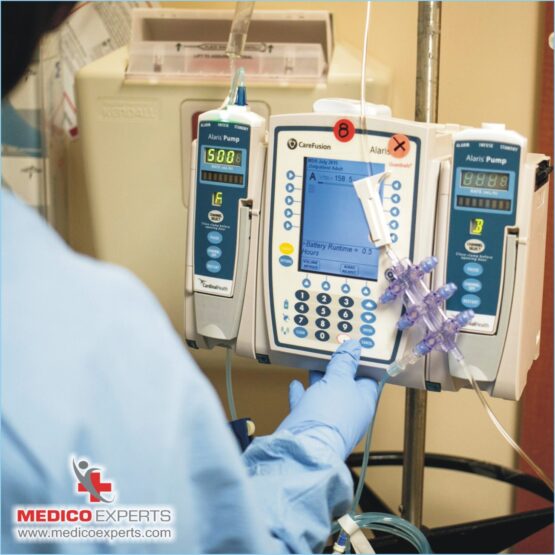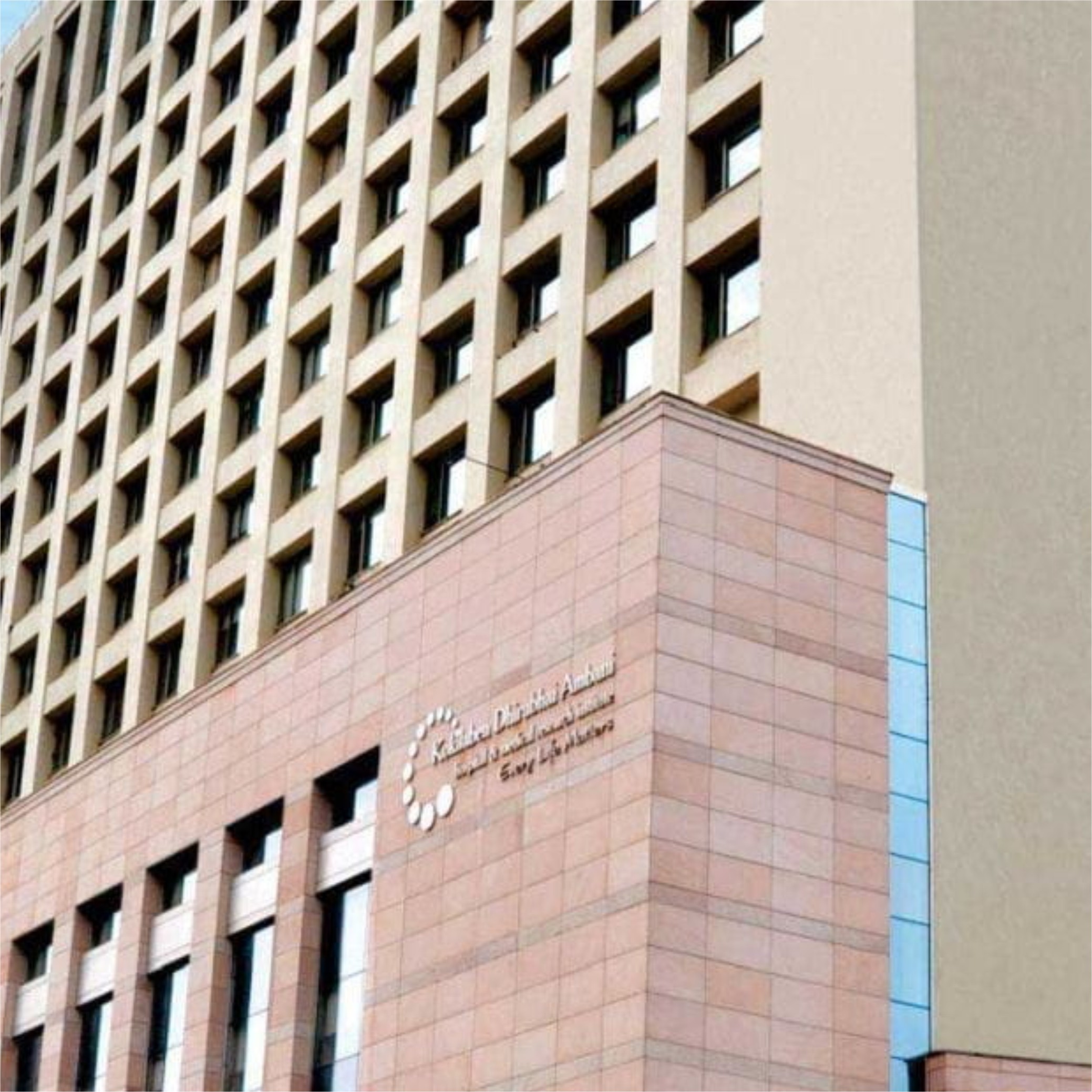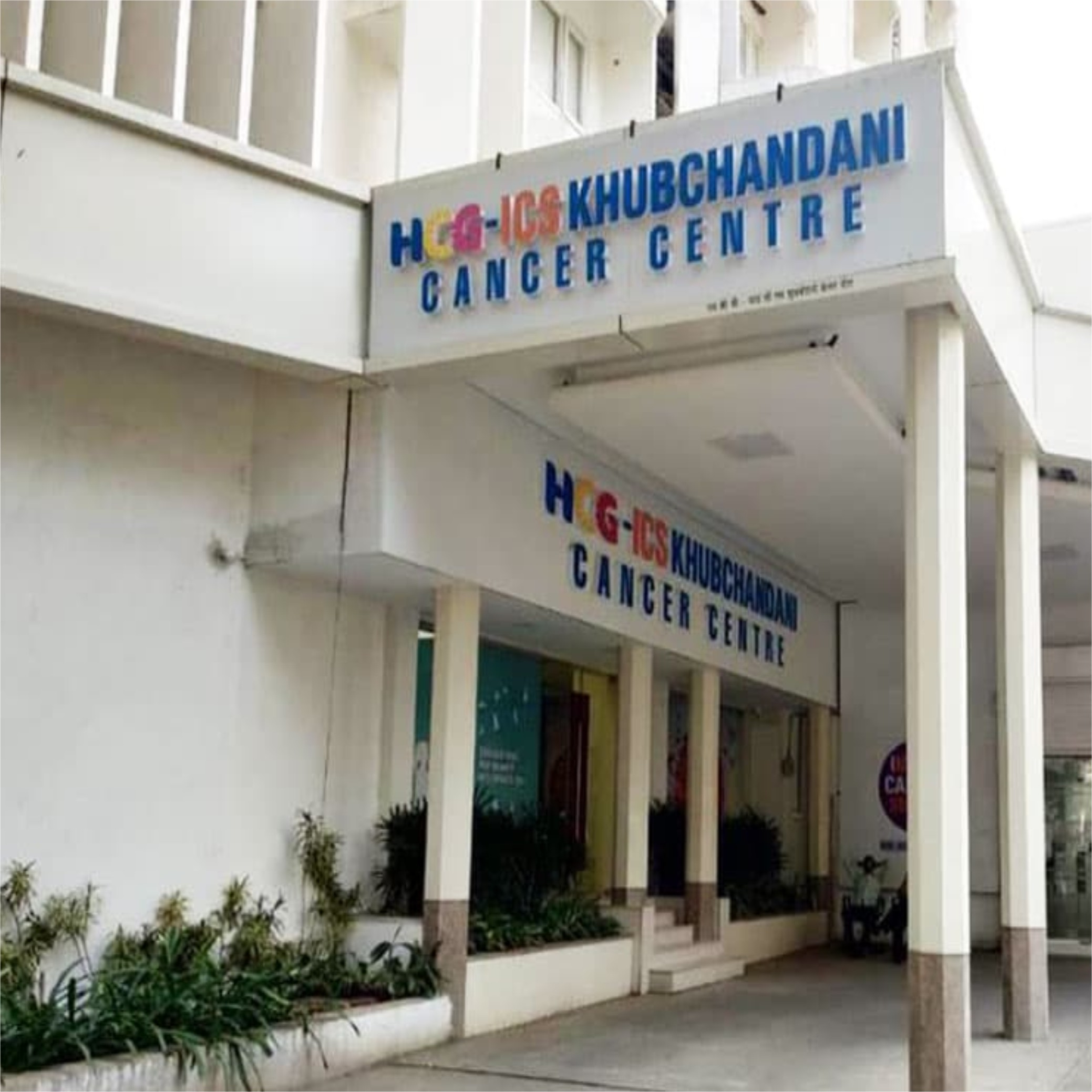Advanced & Affordable Immunotherapy in India
Are you anxious because you or your dear one is diagnosed with cancer?
More so, when you are not sure about the success of the treatments and procedures. This emotional toll is a common experience for cancer patients and their family members.
Immunotherapy in India is an option that can help you give your dear one a cancer-free life. The country has seen many advances in immunotherapy treatment. Besides, coming to India means availing of world-class medical care at a fraction of the cost.
So, let’s learn more about Immunotherapy in India.


Key Takeaways
- Immunotherapy uses the power of your immune system to protect your body from diseases. It helps your immune system find cancerous cells and destroy them.
- There are different types of immunotherapies and your doctors will recommend the best type for you based on you what cancer you have.
- Understand how immunotherapy works and, what are its benefits, and what its cost is and decide without any confusion.
What is Immunotherapy?
Your immune system keeps you healthy, and to understand immunotherapy you need to understand it better.
Your immune system has special cells that protect your body from harmful substances, germs, and cell changes. Let’s learn about these unique cells.
- B-cell lymphocytes: These white blood cells create antibodies that fight infections.
- T-cell lymphocytes: These are WBCs that attack diseased cells and kill them. T-cells also send signals to other cells of the body alerting them of the presence of the diseased or foreign cells in the body.
- Dendritic cells: To stimulate an immune response, these immune cells interact with T-cells.
- Granulocytes: Neutrophils, eosinophils, and basophils are granulocyte cells that fight infections.
Immunotherapy utilizes the immune system’s ability to find cancerous cells and kill them. It can help the immune system find and destroy cancerous cells by helping the system recognizes the cancer cells.


How does Immunotherapy work?
As said before, your immune system’s job is to protect your body from germs, viruses, and damaged cells that can turn cancerous.
Your immune system’s specialized cells constantly guard your body from intruders’ attacks. But cancerous cells can rapidly grow dodging the immune system.
Immunotherapy trains your immune system to find ways to kill cancerous cells. For that, it helps the immune system to produce cancer-killing cells that locate and destroy them.
Cytokines are protein molecules produced by immune cells that act on other cells. Doctors use large amounts of these proteins during immunotherapy.
Cytokines increase the production of disease-fighting immune cells by stimulating the immune system. They assist the immune system in identifying and attacking cancer cells.
What are the benefits of Immunotherapy?
Now, let’s check what are the benefits of Immunotherapy.
- Immunotherapy can help other treatments work better. Some cancers like skin cancer don’t respond well with chemotherapy and radiotherapy. Other therapies and treatments may work much better after this therapy.
- Immunotherapy can help you stay cancer-free. It helps your immune system kill cancer cells and the system learns to go after these cells even if they come back.
- Immunotherapy causes fewer side effects because it only targets the cells in your immune system and not all the cells in your body.
- It helps other treatments work better.

What are the different types of Immunotherapy?
Following are the different types of Immunotherapy that are used to treat cancer:
1. Immune Checkpoint Inhibitors
Checkpoints are proteins present on the surface of T-cells that attack germs and viruses and protect your body. These checkpoints are there to prevent your immune system from overreacting to external threats and damaging healthy cells.
Checkpoint inhibitors control T-cells by signaling them to turn on and turn off. T-cells get activated to destroy cancer cells in your body and get diactivated to protect the healthy cells.
That’s why these checkpoint inhibitors are used as immunotherapy drugs. They stop checkpoint proteins from signaling T-cells to turn off which allows T-cells to continue attacking cancer cells.
Doctors use them for bladder cancer, cervical cancer, esophageal cancer, head and neck cancer, hepatocellular carcinoma, high-risk triple-negative breast cancer, kidney cancer, melanoma, mesothelioma, and non-small cell lung cancer
2. T-cell Transfer Therapy
T-cell transfer therapy is a treatment that improves your T cells’ natural ability to fight cancer. Doctors extract your immune cells from your body and make changes to them in a laboratory. Once these cells grow, they are reinjected into your body to kill the cancerous cells.
CAR T-cell therapy and tumor-infiltrating lymphocyte therapy are two types of T-cell transfer therapies. Car T-cell therapy increases your T-cell’s ability to recognize and kill cancer cells.
In tumor-infiltrating lymphocyte therapy (TIL) your immune cells are used for cancer treatment. But in Car T-cell therapy, the T-cells are changed in the lab to make a type of protein known as CAR.
With CAR T-cell therapy, blood cancers, like leukemia, lymphoma, and multiple myeloma are treated and researchers are trying to use it in breast and brain cancers, too.
TIL is used to treat melanoma, head and neck squamous cell carcinoma, lung cancer, and genitourinary cancers.
3. Monoclonal Antibodies
Antibodies help your immune system by marking intruders for attack. They act as the first line of defence. Monoclonal antibody therapy uses lab-made antibodies for cancer treatment.
As said above, in this therapy lab-made antibodies are used. These antibodies attack cancer cells by blocking abnormal protein production or delivering medicines, radioactive materials, and toxins to them. This therapy destroys specific cancer proteins, genes, and tumor tissues and not healthy tissues and cells.
FDA has approved 60 monoclonal antibody drugs for different cancers like breast cancer, bladder cancer, colorectal cancer, lymphomas (non-Hodgkin, cutaneous T-cell, B-cell), leukemia (acute lymphoblastic, hairy cell, acute myeloid, chronic lymphocytic), multiple myeloma, and non-small cell lung cancer.
4. Cancer Vaccine
Vaccines are there to protect your body from diseases. For instance, the human papillomavirus (HPV) vaccine helps you prevent infections linked to throat, anal, and penile cancer. Though cancer vaccines don’t prevent cancer, they train your body to fight in case you develop it.
These vaccines help your body recognize antigens in cancer cells and use parts of these cells to identify tumors.
What are the side effects of Immunotherapy?
The side effects of immunotherapy are different depending on the type of it and the cancer the patient has. Some common side effects are:
- Infusion-related reactions.
- Diarrhea or colitis
- Bone or muscle pain
- Fatigue
- Flu-like symptoms
- Headaches
- Loss of appetite
- Mouth sores
- Skin rash
- Shortness of breath
- Pneumonitis


Who is a good candidate for Immunotherapy?
Whether you are eligible for Immunotherapy or not will completely depend on the type and stage of your cancer.
The following are some of the points that you need to know for eligibility for immunotherapy:
- Your cancer has progressed.
- You have non-small cell lung cancer, which has most likely spread or advanced. Patients with advanced non-small-cell lung cancer who respond to immunotherapy live longer than those who do not receive immunotherapy, according to studies.
- Immunotherapy may be used to lower the risk of relapse in people who have had their non-metastatic cancer (cancer that hasn’t spread) cured. Lung cancer and some melanomas are more prone to recurrence or relapse.
- In genomic testing, if biomarkers are positive for PD-L1 expression, high microsatellite instability, or high tumor mutational burden. (In simple terms, genomic testing tries to find out specific markers in your gene. If these markers show high levels of PD-L1, microsatellite instability, or tumor mutations, it can help doctors understand and treat your cancer better.)
Immunotherapy may also be used in conjunction with chemotherapy, depending on the type of cancer.
Immunotherapy in India for Cancer
There are many successful clinical trials on immunotherapy and the Central Drug Standard Control Organization in India, which is equivalent to the US Food and Drug Administration, approved NexCAR19 as the country’s first CAR-T cell therapy in October 2023.
The approval was done based on the clinical trials in which 67% of patients experienced a notable decrease in their cancer. Cancer completely disappeared in half of these patients.


What is the cost of Immunotherapy in India?
The cost of one cycle of Immunotherapy lies between $1,200 to $2,400 (approximately ₹1,00,000 to ₹2,00,000 INR), and a patient normally requires 3-4 cycles. In other words, it may differ according to various factors that include health status, age, type of cancer, and the stage at which the disease is presently operating.
Takeaway
If you or your dear one is diagnosed with cancer, it may have filled your mind with doubts and fear about your future and the treatment options.
But advancement in medical science like immunotherapy provides much-needed relief from these fears and anxieties. India has made some remarkable achievements in CAR T-cell therapy and it has helped many live cancer-free.
You can have a smooth and easy treatment journey in India with MedicoExperts. We will help you connect with the best hospitals and doctors in India for immunotherapy.
We will also make sure that you get top-notch care and the latest treatment options under your budget.

Frequently Asked Questions (FAQs):
Q1. How to tell that immunotherapy is working?
You need to go for follow-ups after immunotherapy regularly. Doctors will do regular check-ups, blood tests, and different types of scans to check whether the cancer has responded well to the treatment.
It may take some time to understand whether the treatment has worked as immunotherapy boosts your immune system to fight cancer and because of that you may have a delayed response.
Q2. What is the difference between immunotherapy and chemotherapy?
Chemotherapy kills fast-growing cells and they can be cancerous or non-cancerous. Immunotherapy helps your immune system to identify cancerous cells and kill them without harming the healthy cells.
Q3. Can immunotherapy help cure stage 4 lung cancer?
Though immunotherapy does not cure stage 4 lung cancer, it can help you live longer.
Q4. How long it take for immunotherapy treatment?
Usually, each immunotherapy cycle takes two to three weeks and most people undergo several of these cycles. You start seeing the results of immunotherapy within two months or more.
Q5. What to expect after first immunotherapy treatment?
After your first immunotherapy treatment, you may experience fatigue, diarrhea, nausea, vomiting, decreased thyroid hormones, and itchy rashes.
Q6. Why is immunotherapy a promising cancer treatment?
Immunotherapy boosts your immune system’s ability to identify and kill cancer cells. It targets only the cancerous cells without impacting the healthy cells.
Q7. How to find the best doctors for immunotherapy in India?
You have to do the following things to connect with the best doctors for immunotherapy in India:
- Before choosing a doctor, do the research online. Go to the websites of the top hospitals, and check Google reviews and ratings on Practo, Lybrate, and Credihealth.
- Check the listings on the Indian Society for Clinical Research (ISCR) and Indian Council of Medical Research (ICMR) websites.
- Take help from medical tourism companies that make your treatment journey smooth and hassle-free.
Q8. Is immunotherapy available in India?
Immunotherapy is not only available in India but also you will get the best and most affordable treatment in the country.
Best hospital for Immunotherapy in India
The best hospitals for immunotherapy in India are equipped with cutting-edge technology, skills, experience, and the latest protocols to provide the best cancer care and outcome. Here is a list of the hospitals which provide the best immunotherapy in India:

MedicoExperts is a Global virtual hospital which is established to offer quality healthcare services at affordable pricing without compromising the success rates of the treatment.
MedicoExperts is having a network of highly experienced super specialist doctors and well equipped hospitals across the globe and offering second opinion through online video consultation and surgical interventions through its empanelled super specialist doctors at its network hospitals in 17 countries from 3 continents.
By the virtue of its approach and model, MedicoExperts is successfully achieve to deliver
- Latest and most advanced treatments with success rates of international benchmarks.
- Multiple cost options depending upon the hospital facilities, with the same doctor.
- Treatment option in multiple cities/state/countries.
- Trust and peace of mind.
Most suitable for patients who are looking for:-
- Planned Surgeries and treatment from most experienced doctors and at multiple cost options as per hospital facilities with best possible outcomes.
- Second Opinion from expert doctors.
- Complex cases involving multi specialities
- International patients looking for treatment from Indian doctors
Recommended Articles For You
- https://www.cancer.gov/news-events/cancer-currents-blog/2024/nexcar19-car-t-cell-therapy-india-nci-collaboration
- https://www.ncbi.nlm.nih.gov/pmc/articles/PMC9913378/
- https://www.england.nhs.uk/cancer/nhs-cancer-vaccine-launch-pad/#:~:text=What%20are%20personalised%20cancer%20vaccines,the%20spread%20of%20cancer%20cells
- https://www.ncbi.nlm.nih.gov/pmc/articles/PMC7153453/
- https://www.cancer.gov/publications/dictionaries/cancer-terms/def/monoclonal-antibody
- https://www.cancer.gov/news-events/cancer-currents-blog/2024/fda-amtagvi-til-therapy-melanoma
- https://www.cancer.gov/about-cancer/treatment/research/car-t-cells
- https://www.cancer.gov/about-cancer/treatment/types/immunotherapy/checkpoint-inhibitors
Recommendations To Understand Different Treatments
Advanced Cancer Treatment In India
Cancer is the leading cause of death worldwide. It resulted in the deaths of nearly ten million people. Cancer deaths are expected to continue to rise around the world. The cancers that kill the…..Read More

Author Bio:
Dr. Yashashree Joshi – MBBS, MD (Philippines)
Dr. Yashashree Joshi, MD, is a globally-trained oncologist with a robust academic background and extensive experience in pioneering cancer treatments. Dedicated to patient-centered care, she continually integrates the latest advancements in oncology to provide her patients with innovative and personalized treatment plans.
Content Medically Reviewed By MedicoExperts Editorial & Clinically Review Board



















